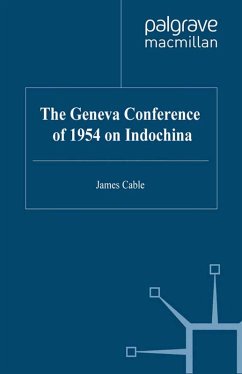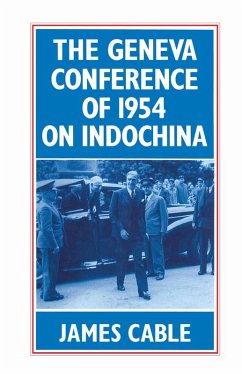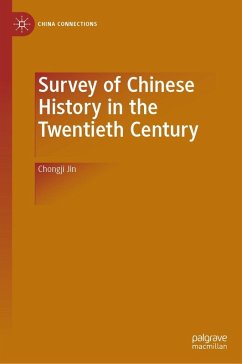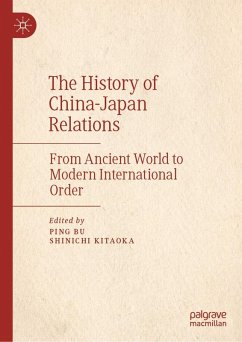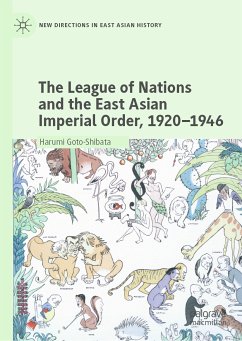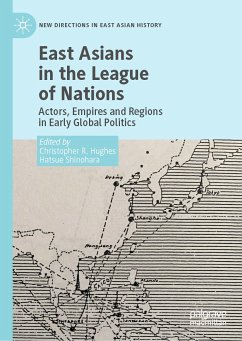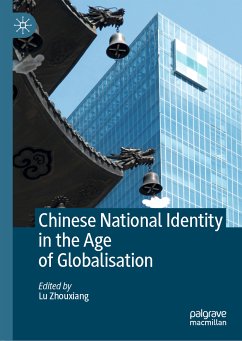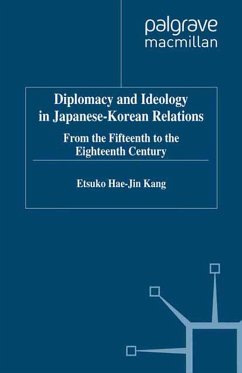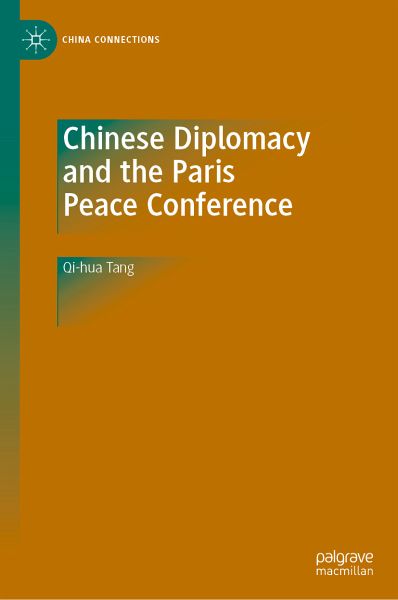
Chinese Diplomacy and the Paris Peace Conference (eBook, PDF)
Versandkostenfrei!
Sofort per Download lieferbar
72,95 €
inkl. MwSt.
Weitere Ausgaben:

PAYBACK Punkte
36 °P sammeln!
This book examines Republican China's diplomatic strategies and engagement, and power reconfiguration in East Asia after 1914. Drawing on a vast trove of primary sources, including newly declassified archival materials, the book offers not only a richly-informed account of how the Beiyang government conducted diplomacy at the Paris Peace Conference but also new insights into why. Calling into question such long-held beliefs that the Beiyang government was inadequately prepared for the Conference, was treasonous in urging the signing of the Treaty of Versailles, and that its behavior at the Con...
This book examines Republican China's diplomatic strategies and engagement, and power reconfiguration in East Asia after 1914. Drawing on a vast trove of primary sources, including newly declassified archival materials, the book offers not only a richly-informed account of how the Beiyang government conducted diplomacy at the Paris Peace Conference but also new insights into why. Calling into question such long-held beliefs that the Beiyang government was inadequately prepared for the Conference, was treasonous in urging the signing of the Treaty of Versailles, and that its behavior at the Conference amounted to a thorough failure of diplomacy, the author tries to make a case for a much more nuanced re-interpretation and re-evaluation of this critical period in the country's diplomatic history.
Dieser Download kann aus rechtlichen Gründen nur mit Rechnungsadresse in A, B, BG, CY, CZ, D, DK, EW, E, FIN, F, GR, HR, H, IRL, I, LT, L, LR, M, NL, PL, P, R, S, SLO, SK ausgeliefert werden.



